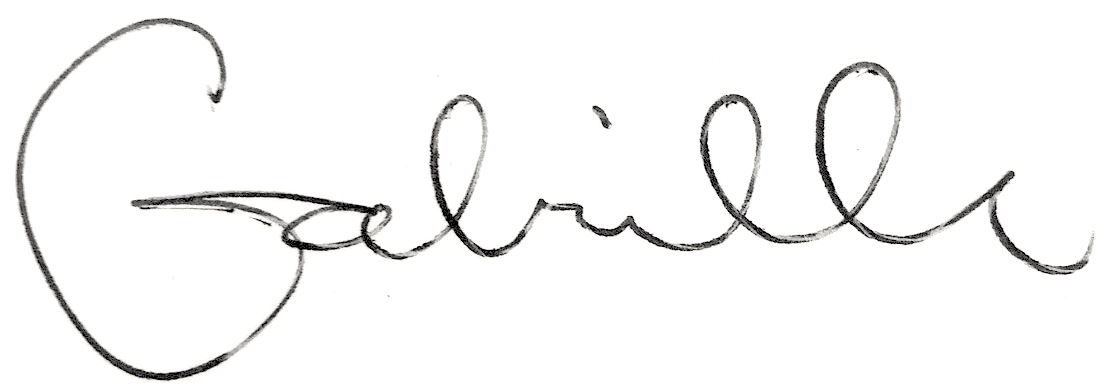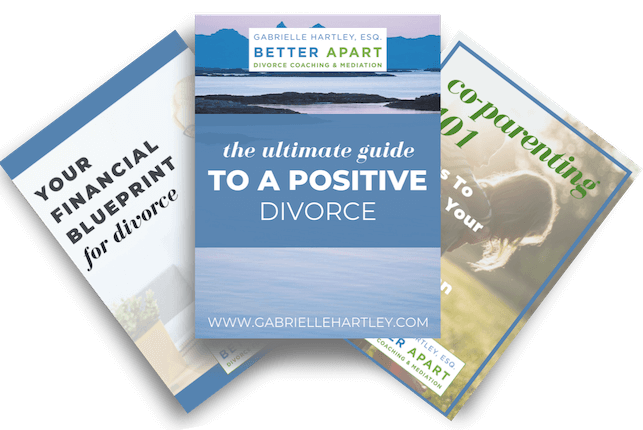Many of us grew up receiving messages that focusing on ourselves was narcissistic, selfish and egotistical.
Growing up, I was taught the value of helping others by putting their needs above my own, especially after I became a parent. I spent a lot of my life deriving our own self-worth from ensuring that others were happy. Consistently putting others above ourselves will always result in caregiver burn out and feelings of emotional exhaustion. Over time, though it became very clear to me that we cannot give to others from an internal empty cup. We have to be able to give to ourselves, before we can give to others. We can’t give to others when we don’t practice self-compassion. When you take a flight, the instructions are always, “put your own oxygen mask on first, before you help others”. It is also the same way in life…we have to invest in ourselves. We want to give to others not from our reserves but from our overflow. We want to feel as though we have enough love and energy to give to others and not feel that they are taking something away from us. That is where self-compassion comes in.
Compassion is “sensitivity to the pain or suffering of another, coupled with the desire to alleviate that suffering” (Geotz, Keltner, & Simon-Thomas, 2010). Self-compassion is the same as compassion for others except turned inward (Germer & Neff, 2018). Jack Kornfield, author of Buddha’s Little Instruction Book, says that if your compassion does not include yourself, it is incomplete. Self-compassion has three main components which are self-nurturance, common humanity and mindfulness (Neff & Germer, 2019). Self-kindness is about nurturing yourself. It is about ensuring that that we are treating ourselves as we would our very best friend. Common humanity is about understanding that we all struggle and finding connection with others in that struggle. Many of us feel so alone when we are facing problems and so we tend to internalize issues. This leads to feelings of worthlessness and lack of self-love.
Compassion helps us remember that suffering is part of this human experience and that everyone suffers at some point. Valarie Kaur, author of Revolutionary Love says that grief is the price you pay for love”. Because you love yourself, you grieve everything that has happened to you. Lastly, mindfulness is about maintaining mindful awareness in a non-judgemental way of our suffering and the suffering of others. Mindfulness reminds us that our power is in the present moment and helps us have a greater understanding of what we are experiencing. You have no idea how many times, I made things worse for myself with my thoughts. I was explaining a situation I was struggling with to my bestie over lunch when my friend leaned in, stared right into my eyes, and said: “why are you doing this to yourself?” That totally shook me up…I did not realize that my own thoughts, words and actions were actually creating more challenges for myself. Once I became more mindful of what I was thinking and saying, I became aware of how most of my issues were based on erroneous thinking and irrational fears. Mindfulness helped me practice more compassion towards myself and others. I could give you the wealth of evidence that shows how effective self-compassion is, however I would rather share my experiences. Being compassionate towards myself has helped me manage my negative thinking, be more hopeful, be more capable in handling stressful challenges and be loving to myself when I hurt others. It has been the vehicle, which opened me up to be more loving towards myself and others.

So how can compassion help you during something as challenging as a divorce? Below are some ways that you can become more compassionate towards yourself and others during this difficult time.
1-Practice being mindful.
Be very careful about what you think, say or write out. Think of these actions (thoughts, words, deeds) as incantations. How many times have you said: “Oh I’m not good enough, I’m not loveable, or I will never find someone else to love me?” How many times have you catastrophized events and made them bigger than they are. You are hurting yourself with your negative thinking. Being mindful of your thoughts will help you see where you are not being loving and nurturing towards yourself. Positive affirmations and visioning will not work if the majority of your thoughts are negative. Your negative thinking is counteracting the good you are trying to attract in your life. I recently heard the saying “frequency is the new currency”. What this means is that if you are resonating with victim mentality, you will only find evidence to support your own belief. It is time to ensure your thoughts, words and actions reflect the beautiful, powerful and magnificent person you truly are.I challenge you for one week, to monitor your thoughts and see how many of them are negative vs positively worded.
2-Check in with yourself constantly.
Get into the habit of asking yourself “what you need in this moment?” and “what do I need in this moment?”…especially during challenging times. Often when I take the time to check in with myself I realize that what I need in that moment may differ. I may need to breathe, or a hug or just a mental break to regroup and process. When we offer ourselves what we need in the moment, we are more likely to listen compassionately to others’ needs. A few years ago, I hurt someone. I was the villain in someone else’s story. I struggled with shame during this time as this invalidated my own view as a “good” person. Self-compassion helped me to understand how my choices led to a circumstance where I hurt someone. It also helped me, through self-nurturance, to face some of my own shortcomings and make a commitment to never hurt another person in the same way again. Had I not given myself compassion in the moment to get through the shame, I would have never gotten past the walls of my own defense.
3-Practice self-compassion (no matter what shows up.)
The more you practice being mindful and the more you check in with yourself, the more likely that negative thoughts are going to come up. It’s ok though, let them come up so they can be released. In my experience, mindfulness helped me realize how uncompassionate I could be with myself. The more I held space for myself in those moments, they more I realized that there were some basic sponsoring thoughts that were leading me to behave in unloving ways towards myself. Feelings of worthlessness and shame arose and as I embraced them, I realized that these thoughts were there to protect me from this hurt. So now, I thank my thoughts for showing up and I tell them that I can handle what comes up. I also thank my emotions. We often make our emotions wrong. For example, when anger shows up for me, I try to welcome it as if I would a friend. I thank it for showing up and find safe containers to express this love for myself.
4-Practice nurturing yourself.
Many of us did not grow up in nurturing households. We may have been taught by our parents or other significant people in our lives to buck up, man up or just get through it. A number of us did not receive soothing touch or reassurance when painful things occurred in our lives. Some of us may have experienced trauma growing from childhood abuse. Many therapists are now using interventions that connect individuals with their inner child to enable individuals to offer themselves the soothing not received. One way to offer yourself soothing during challenging times is placing your hand on your heart or another soothing spot. It could be your arm, or leg or giving yourself a big bear hug. This may feel uncomfortable in the beginning especially if you are not used to receiving nurturing touch. Offering yourself kind and soothing words like “you are doing the best you can” or “this will get better have faith” could instantly uplift you. You can also remind yourself that you are loveable, worthy and wonderful if you are not used to hearing these words. During my experience with shame, I told reminded myself that I was a good person and that the best gift I could give the person I hurt was learning from the experience. I reminded myself that making a mistake did not negate all the good I have done in my life. Lastly, I told myself that I loved myself and that I was loveable even when I made a mistake. Practicing these words and looking into your own eyes can go a long way in rebuilding your own self-worth.
5-Be patient to yourself during this process!
The divorce process is going to bring up many emotions for you. Divorce can be draining, frustrating and challenging but it need not be. When emotions and challenges come up, breathe through them. It helps to understand that everyone, including yourself are doing the best you can. We are human and flawed and everyone has their own perspective. There may be times when you are doing well, and there may be times when you are not. Don’t expect yourself to be perfect. When you forget to be compassionate to yourself or others, be loving towards yourself and make a commitment to try again in the next moment. Compassion is a choice you have to make in every single instance.
If there is one thing I want you to take away from this blog is that you are worth it. You are loveable and extraordinary. Why do I say this? First, because it is true and secondly because loving ourselves is so important. People that love themselves and understand that they are enough do not need to hurt or disempower other people. If everyone went around believing that they are enough, what a different world we would live in. When you realize how amazing and wonderful you are, you will release this other person with love, even if they hurt you because you know that your worth is not dependent on their love or anyone else’s for that matter. You know that you are enough and can always find someone who loves you exactly for who you are. All relationships are about learning how to love and accept ourselves more. You are the person you have been waiting for all along. If this feels to challenging for you that is ok…just be willing. Say to yourself “I am willing to believe that I am loveable”…and if that’s too much, start with “I am willing to be willing to believe that I am loveable”…start small. Surround yourself with people that build you up!

Gissele Taraba, is owner of Maitri Centre for Love and Compassion. She has a Masters is Health Research Methods, and is currently completing her MSW. The focus of her MSW is on solution focused therapy, anti-oppressive practice, and organizational compassion. She is a certified mindful self-compassion teacher, and has extensive experience in organizational culture which she gained while working as a Director of HR, Finance, IT, Quality Assurance, and Learning and Development at a Canadian Child Protection Agency.
Some links and posts are from our sponsors. Here’s how it works.
P.S. Want more tools and resources to stay positive during a divorce? Download my Free Divorce Survive & Thrive Kit below!

Get Your FREE Divorce Survive & Thrive Kit!
Includes a financial blueprint for divorce, a co-parenting guide, and the BEST strategies to help you stay positive and take care of yourself during divorce and beyond.
[mailerlite_form form_id=2]


Revolutionizing the conversation around Divorce, one internal narrative at a time.
MENU
FOLLOW GABRIELLE
DISCLAIMER: The commentary, advice, and opinions from Gabrielle Hartley are for informational purposes only and not for the purpose of providing legal advice or mental health services. You should contact an attorney and/or mental health professional in your state to obtain advice with respect to any particular issue or problem.
CONTACT GABRIELLE
NORTHAMPTON ADDRESS: 76 Masonic Street, Northampton, MA 01060
NYC ADDRESS: 150 East 52nd Street, Suite 1002, New York NY 10022
STATEN ISLAND ADDRESS: One Edgewater Plaza Suite 304, Staten Island, NY 10305
PHONE: 413.341.0034/ 917.757.0980

